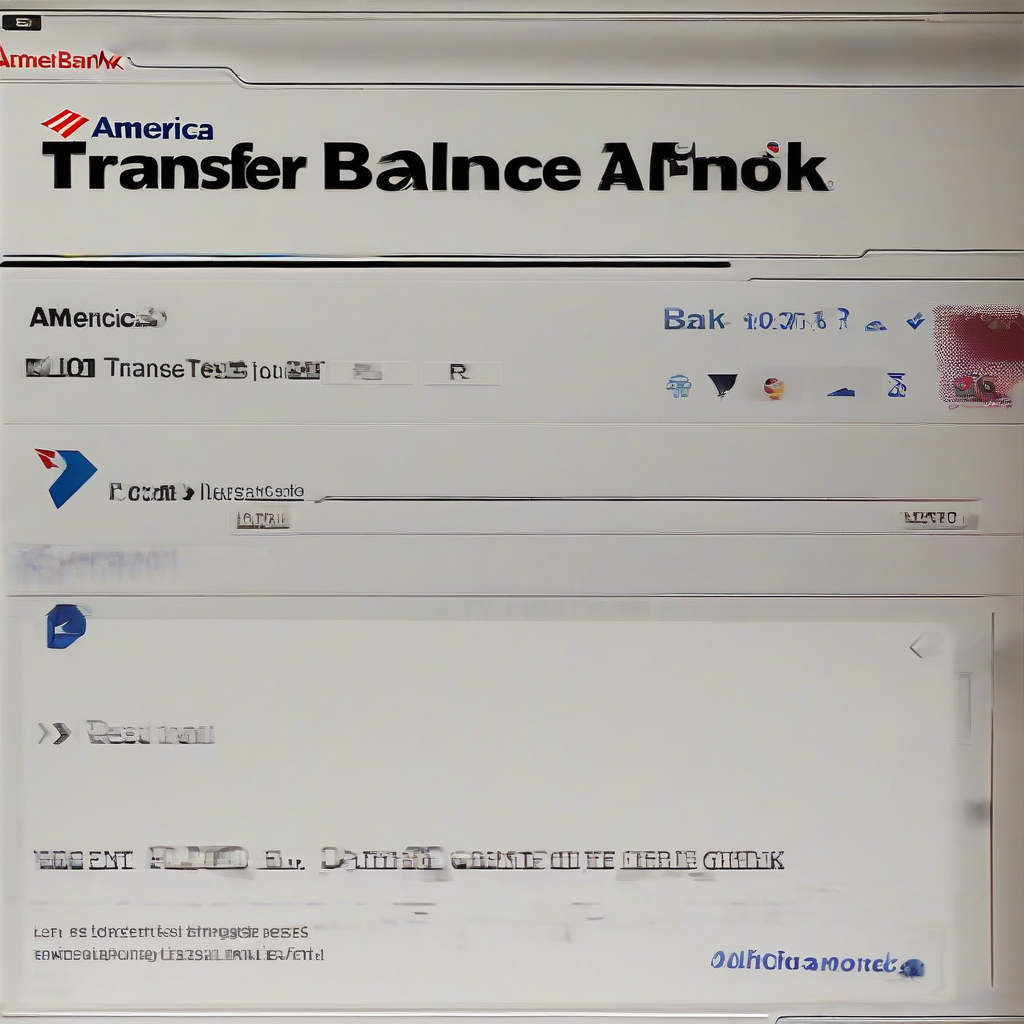Money Transfer Cards: A Comprehensive Guide
Money transfer cards, also known as prepaid debit cards for international money transfers, have emerged as a popular and convenient method for sending and receiving money across borders. These cards offer a flexible alternative to traditional wire transfers, offering various benefits and features depending on the provider and specific card type.
Types of Money Transfer Cards
- Prepaid Debit Cards: These are the most common type. You load money onto the card, and the recipient can use it like a regular debit card at ATMs and point-of-sale terminals worldwide. Many providers offer reloadable options, allowing you to add funds as needed.
- Virtual Money Transfer Cards: These cards exist solely as digital representations, usually within a mobile app. They provide the same functionality as physical cards but eliminate the risk of loss or theft.
- Multi-Currency Cards: Designed for frequent international travelers, these cards allow you to hold and spend multiple currencies, minimizing conversion fees and providing greater convenience.
- Business Money Transfer Cards: Tailored for businesses, these cards offer features like expense tracking, detailed transaction history, and higher spending limits.
How Money Transfer Cards Work
The process generally involves these steps:
- Choose a Provider: Select a reputable money transfer service that offers money transfer cards. Consider factors like fees, exchange rates, available currencies, and customer support.
- Fund the Card: Load money onto the card using various methods, such as bank transfer, credit card, or debit card. The funding process varies depending on the provider.
- Send the Card: The sender may physically mail the card or provide the recipient with the card details (for virtual cards) to access the funds.
- Recipient Receives and Uses: The recipient can use the card to withdraw cash at ATMs or make purchases at merchants that accept debit cards. PIN numbers are usually required for ATM withdrawals.
Advantages of Using Money Transfer Cards
- Convenience: Sending and receiving money is often faster and more convenient than traditional methods like wire transfers or checks.
- Accessibility: Recipients can access funds worldwide at ATMs and participating merchants.
- Security: Many cards offer features like fraud protection and PIN security to protect funds.
- Transparency: Most providers clearly outline fees and exchange rates, allowing you to understand the total cost upfront.
- Cost-Effectiveness (In Some Cases): While fees apply, money transfer cards can sometimes be more cost-effective than wire transfers, especially for smaller amounts.
- Tracking Capabilities: Many providers offer online tools and apps to track transactions and balance easily.
Disadvantages of Using Money Transfer Cards
- Fees: While fees are typically transparent, they can add up, especially with multiple transactions or high transfer amounts. These fees may include loading fees, transfer fees, ATM withdrawal fees, and foreign transaction fees.
- Exchange Rates: Money transfer providers often use their own exchange rates, which may be less favorable than those offered by banks or other financial institutions. It’s crucial to compare exchange rates before choosing a provider.
- Limited Acceptance: While widely accepted, some smaller merchants or ATMs may not accept all types of prepaid debit cards.
- Card Activation and Verification: There may be delays in activating the card or verifying recipient identity, particularly with physical cards being mailed internationally.
- Potential for Loss or Theft: Physical cards are susceptible to loss or theft, which can result in the loss of funds if not properly protected.
- Inactive Card Fees: Some providers charge monthly inactivity fees if the card remains unused for an extended period.
Choosing a Money Transfer Card Provider
Selecting the right provider is crucial for a smooth and cost-effective experience. Consider these factors:
- Fees and Exchange Rates: Compare fees and exchange rates offered by different providers. Look for transparent fee structures and competitive exchange rates.
- Available Currencies: Ensure the provider supports the currencies you need to send and receive.
- Customer Support: Check the provider’s customer support channels, including phone, email, and online chat. Reliable customer support is essential in case of issues.
- Security Features: Look for providers that offer robust security features, such as fraud protection and EMV chip technology.
- Card Types: Choose a provider that offers the type of card (physical or virtual) that best suits your needs.
- Transaction Limits: Be aware of any transaction limits imposed by the provider. This is particularly important for businesses or large transfers.
- Reputation and Reviews: Research the provider’s reputation by checking online reviews and ratings from other users.
Security Measures for Money Transfer Cards
To protect your funds, follow these security best practices:
- Protect your PIN: Memorize your PIN and never share it with anyone.
- Monitor your Account: Regularly check your account balance and transaction history for any unauthorized activity.
- Report Suspicious Activity: Immediately report any suspicious activity to your card provider.
- Use Secure ATMs: Withdraw cash only from reputable and well-lit ATMs.
- Store your Card Safely: Keep your physical card in a safe place and avoid carrying large amounts of cash.
- Utilize Fraud Protection: Take advantage of any fraud protection features offered by your provider.
Money Transfer Cards vs. Other Transfer Methods
Money transfer cards offer a unique set of advantages and disadvantages compared to other methods:
- Compared to Wire Transfers: Wire transfers are generally faster but can be more expensive, especially for international transfers. Money transfer cards are often more convenient but may have higher overall fees depending on usage.
- Compared to Online Money Transfer Services: Online services offer speed and convenience but may lack the physical card option for recipients who prefer cash withdrawals. Money transfer cards provide a tangible alternative.
- Compared to Checks: Checks are slower and less secure than money transfer cards. Cards provide faster access to funds and better security features.
Legal and Regulatory Considerations
Regulations governing money transfer cards vary by country. It is important to be aware of the specific regulations in your jurisdiction, especially concerning anti-money laundering (AML) and know-your-customer (KYC) requirements. Providers are obligated to comply with these regulations, and users should expect identity verification procedures as part of the card application and funding process.
Future Trends in Money Transfer Cards
The future of money transfer cards is likely to involve further integration with mobile technology, improved security features, and the expansion of supported currencies and services. The rise of mobile wallets and contactless payments is likely to influence the design and functionality of future money transfer cards, increasing convenience and security.




